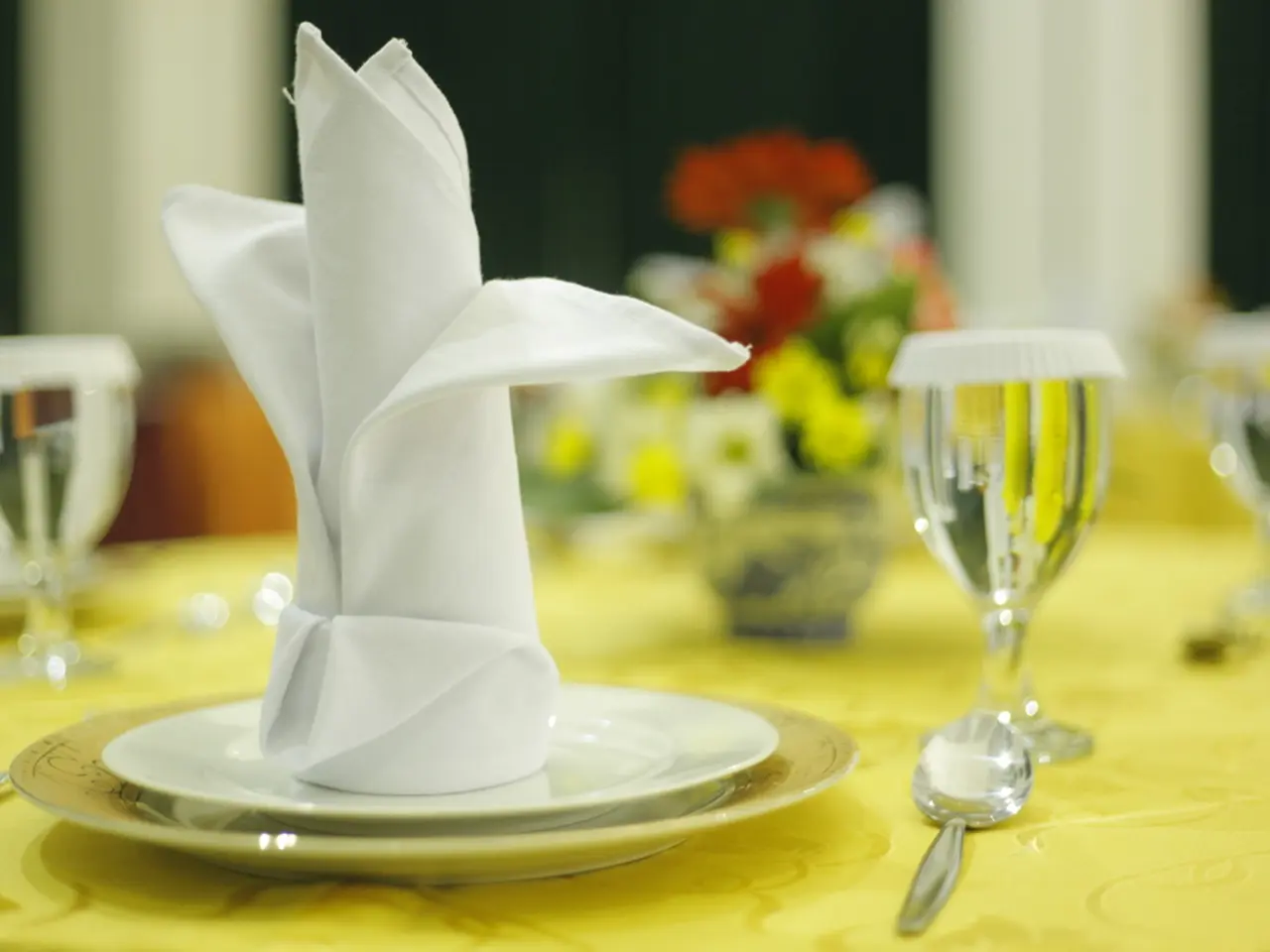Married women in Kerala are not required to provide stringent proof to regain gold items given to in-laws, as ruled by the Kerala High Court.
The Kerala High Court has recommended a practical and realistic legal approach for cases where married women seek the return of gold ornaments entrusted to their in-laws. This approach recognizes the domestic and informal nature of such transactions within matrimonial homes, where it is often impossible for newly married women to produce strict legal proof when handing over jewellery to their husband's family.
In a recent case, the Court made this recommendation while granting relief to a widow who sought the return of her gold ornaments from her in-laws. The case, heard by Justices Devan Ramachandran and MB Snehalatha, involved a dispute over the return of gold ornaments as part of stridhan (gold given to a woman by her family at the time of marriage).
The woman claimed she wore 81 sovereigns of gold ornaments on her wedding day and had entrusted her gold ornaments to her mother-in-law and brother-in-law for safekeeping. However, after facing alleged cruelty and harassment for dowry, she was forced to leave the matrimonial home, and her jewellery remained with her in-laws.
The Court held that it is impractical to expect married women to keep receipts or provide strict proof of their handing over jewellery to their in-laws. Instead, cases should be decided on the balance of probabilities, i.e., which party’s version of events is more likely. This allows courts to fairly adjudicate these disputes considering the realities of family life and trust involved.
In the present case, the High Court's ruling was based on the evidence presented before the family court, including jewellery purchase bills and wedding photographs. The Court also noted that the authenticity of the evidence was not seriously disputed by the in-laws. Senior Advocate TK Krishnanunni and other advocates represented the widow in the case.
The Court made it clear that strict proof beyond a reasonable doubt would lead to injustice, and a pragmatic approach should be adopted. In the case at hand, the High Court upheld the family court's directions to the mother-in-law but set aside the order against the brother-in-law, who stated that he resided separately and was unlikely to have custody of the jewellery.
This approach by the Kerala High Court balances fairness and realism by not insisting on strict proof but rather assessing the likelihood of claims given the familial context and trust in matrimonial homes. This protects the rights of married women who entrust valuables to in-laws without formal documentation yet face difficulties in retrieving them after disputes arise.
The Court's recommendation is in line with its previous observations in an earlier case regarding petitions by women for the return of stridhan. The same Bench had made similar observations, emphasizing the need for a practical approach when dealing with such petitions. The family court also directed the in-laws to return 53 sovereigns of gold ornaments to the widow in another case heard by the same Bench.
In conclusion, the Kerala High Court's approach provides a much-needed solution for married women who face difficulties in retrieving their gold ornaments entrusted to their in-laws. The Court's emphasis on a practical approach based on the preponderance of probabilities ensures that justice is served in a fair and realistic manner.
- This approach by the Kerala High Court in education-and-self-development, as well as personal-growth, highlights the importance of protecting the rights of individuals, specifically married women, in their pursuit of personal assets like gold ornaments, thereby fostering an environment of equity and justice.
- The practical and realistic legal approach advocated by the Kerala High Court in cases of stridhan disputes, such as the one discussed above, contributes to career-development opportunities for legal professionals, as they grapple with complex issues of law, trust, and family dynamics that shape the general-news landscape, including politics and crime-and-justice.
- As the Kerala High Court continues to uphold the rights of married women seeking the return of their personal assets, its judicial decisions in the realm of education-and-self-development, personal-growth, and career-development will also set significant precedents in the broader context of gender equality, empowerment, and the rule of law in Indian society.




